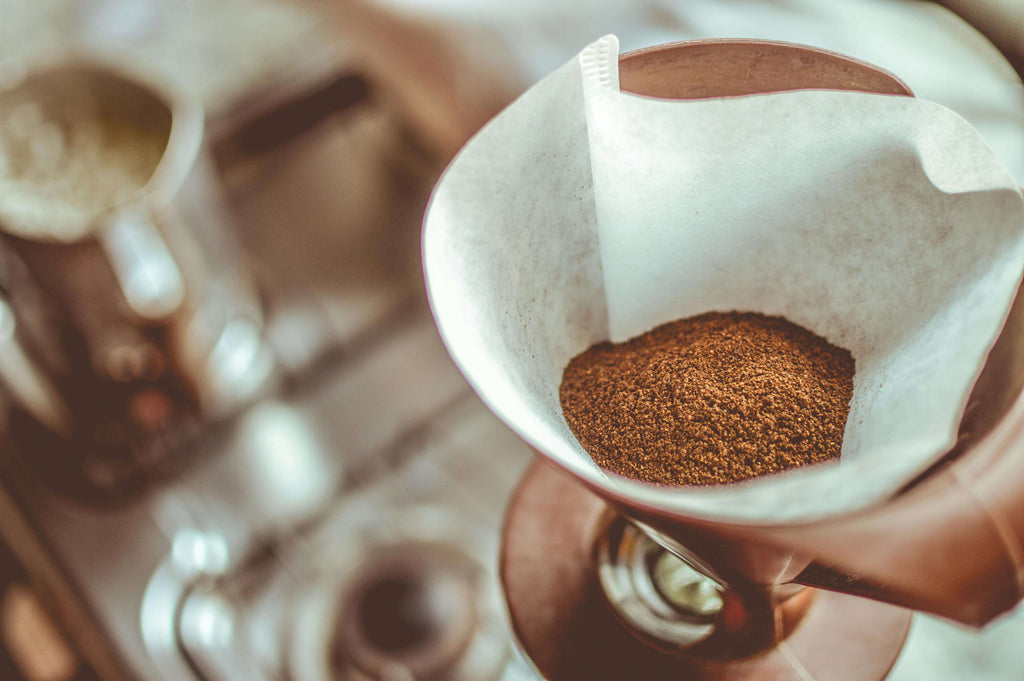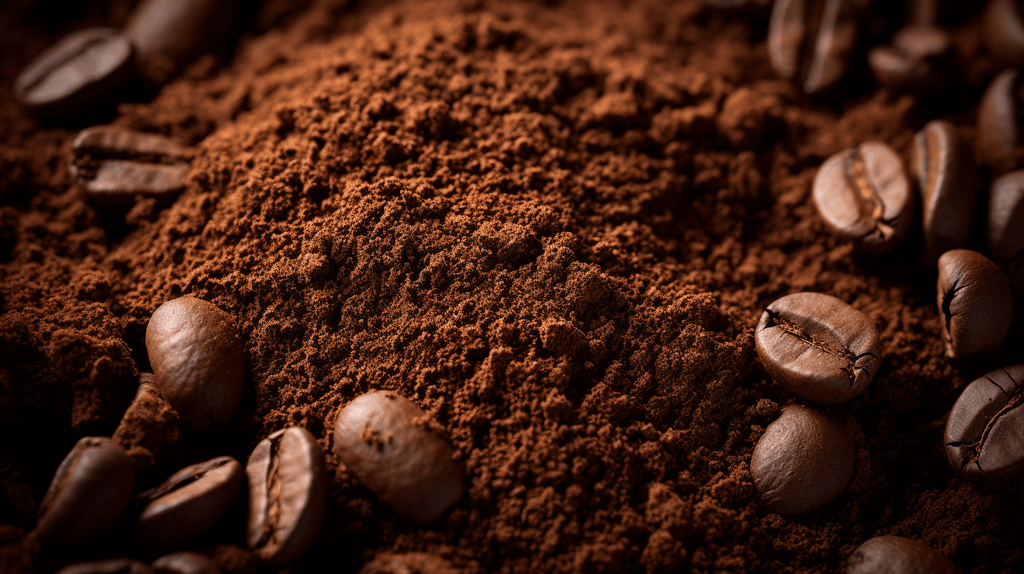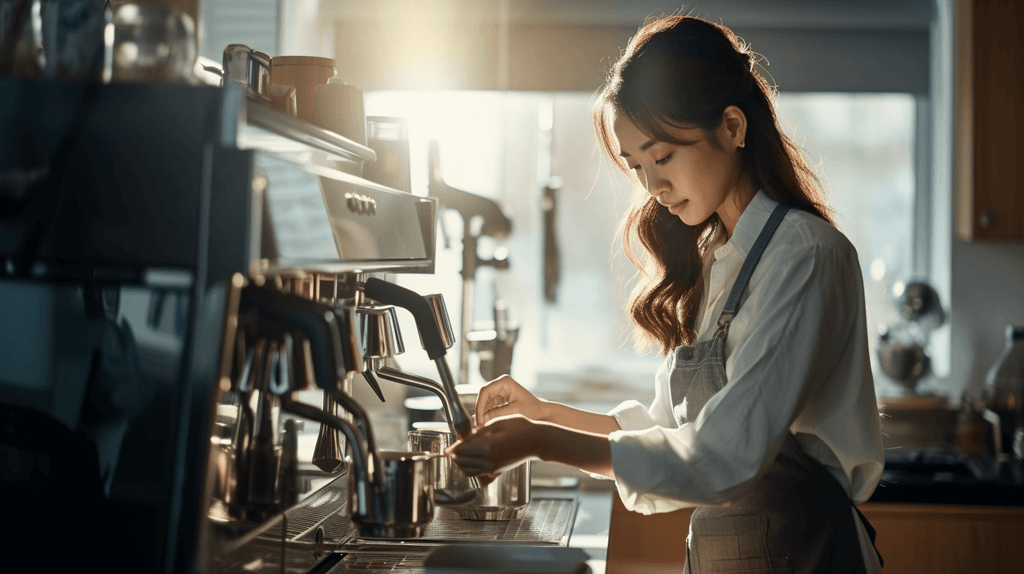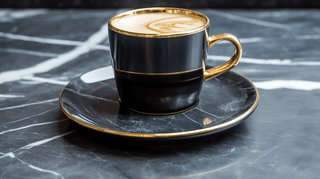Believe it or not, behind every bitter cup of coffee, there is an easily fixable problem. You don’t have to settle for coffee that tastes bad just because you think there’s nothing you can do about it. After all, drinking coffee should be about your pleasure.
So, what causes bitterness in coffee? And what can you do to neutralize it?
Keep reading to find all the secrets to delicious, velvety coffee to start your day with!
Why Is My Coffee Bitter?
Some of you might be asking right now, isn’t coffee supposed to be bitter? If you don’t add any sweeteners or cream to it, the drink you are consuming will have some traces of bitterness in it, and that’s perfectly natural.
But good coffee is far from being bitter and only bitter. In fact, most quality, enjoyable brews are characterized by strong and varied flavor profiles, with floral, chocolate, and spice notes all coming together to create one exquisite drink to wake your senses.
In short, some bitterness in coffee is good and can add to it. But, like with most things in life, too much of anything can ruin the final effect.
What makes coffee taste bitter?
Over Extraction
As expected, the brewing process can make or break your coffee. Bitter coffee can be the result of over-extraction, which happens when you let your coffee beans come into contact with water for too long, creating a scenario in which bitterness in the grounds has the chance to be extracted and ends up in your cup.
Balance and good timing are important in coffee brewing. No matter what drink you’re making and what brewing method you utilize, you should approach this process with discipline backed up by good coffee brewing theory.
This means making sure you’re not letting your coffee steep for too long.

Grind Size
This takes us right to our next potential bitter coffee offender – coffee grind size. Too finely ground coffee beans can lead to what we discussed above, which is the over-extraction. The very fine grind size simply traps water for too long, which makes the brew more bitter as a result.
However, what makes coffee bitter is also the opposite of that when the coffee grind size is too coarse. Under-extraction may result in coffee that is flat and sour-tasting.

Water’s Temperature, Amount and Quality
Water is a crucial ingredient in making delicious coffee and should never be disregarded. There are three main aspects related to water you should consider when making your coffee.
First of all, the water’s temperature can’t be too high. Usually, it’s best to stick to water between 195°F and 205°F, which is the best temperature to brew great-tasting coffee. Going above that scale can lead to over-extraction, which we want to avoid.
Next, it’s important to ensure you use the right amount of water to prepare your cup of joe. Check the coffee-to-water ratio recommended for the type of drink you’re preparing. Too much water can extract more bitterness from coffee beans, which will make your coffee taste bad.
Lastly, the water quality also plays a role here. Hard water full of minerals can accentuate bitter notes in your coffee. It also has the downside of contaminating your equipment (hard water can cause mineral build-up, which has to be regularly removed).
How To Fix Bitter Coffee
Now that we know more about what causes bitterness in coffee, we can learn about all the tactics to alleviate the problem. What should you do to make your coffee less bitter?
- Shorten your brewing time. Now, perfect brewing time will be different for various coffee drinks, but if you notoriously make your brew too bitter, experimenting with shortening this time is a good direction to take. If you’re using a French press, don’t leave your coffee in it after you put the plunger down; otherwise, the coffee will continue to extract, increasing the bitterness.
- Grind your beans more coarsely. Grind size will determine the coffee extraction, and larger grounds will make this process quicker, reducing the bitterness that can appear in coffee.
- Use the right water. Let it cool down a few degrees after boiling. Use the correct water amount for the coffee you’re preparing. Choose filtered water with low mineral content to avoid altering its taste.
- Use clean equipment. Lastly, you can improve the flavor of your brew significantly simply by using clean equipment. Build-up oils will go rancid and cause uneven extraction, resulting in a poor-quality brew that is not enjoyable to consume whatsoever. Regularly clean your equipment, and don’t cut corners while you do so. You’ll be grateful to yourself.

Why Does My Coffee Taste Bitter – Final Thoughts
We’ve reached the conclusion of this informative article on what causes bitter coffee and how to tackle this problem. Now you know that the extraction time, grind size, and water’s properties are all crucial factors in how much bitterness you can taste in your cup.
There are a few simple fixes to reducing bitter notes in your coffee, and we encourage you to experiment with them and see if you notice any difference.
Remember, any worthwhile coffee adventure begins with good quality coffee. At Angelino’s Coffee, you can find all the Classic Coffees known and loved by coffee connoisseurs around the world, as well as simply irresistible Flavored Coffees that are sure to turn your day around, surprising you with the richness of notes – everything from classic vanilla to blueberry and crème brûlée.
Try today, and don’t waste another cup on mediocre, bitter coffee!
Sources:
- The Kitchn, 4 Reasons Your Coffee Tastes Bitter
- European Coffee Trip, WHAT MAKES YOUR COFFEE TASTE BITTER?



